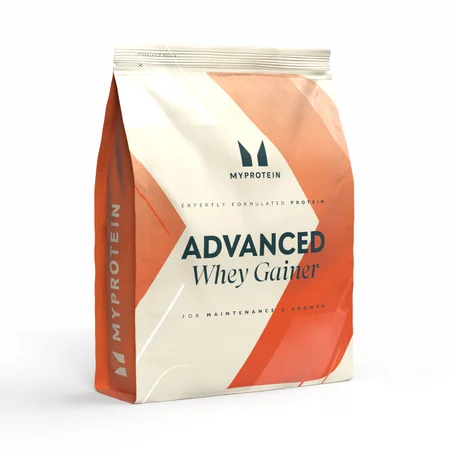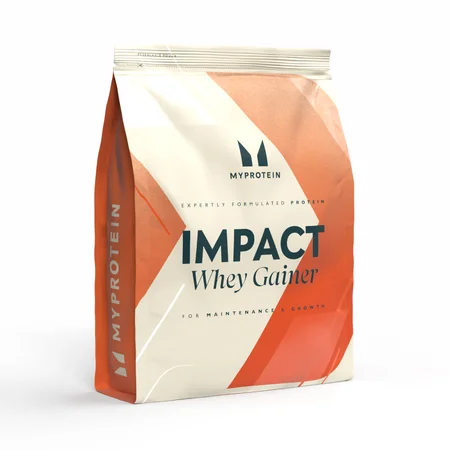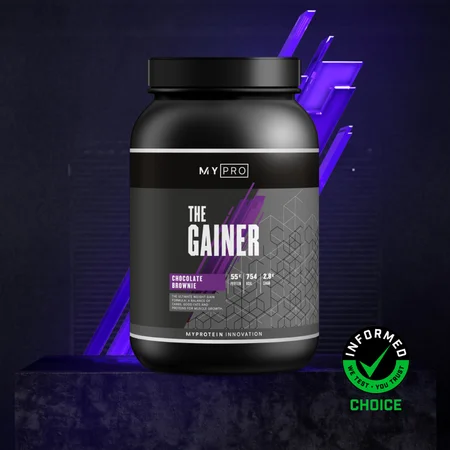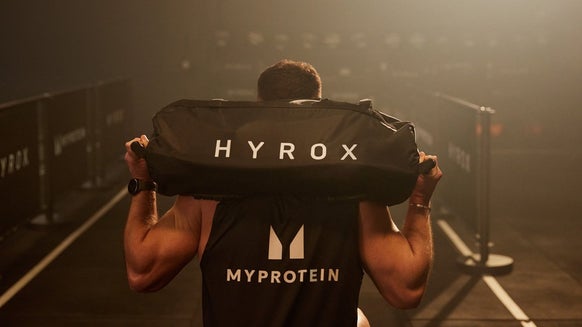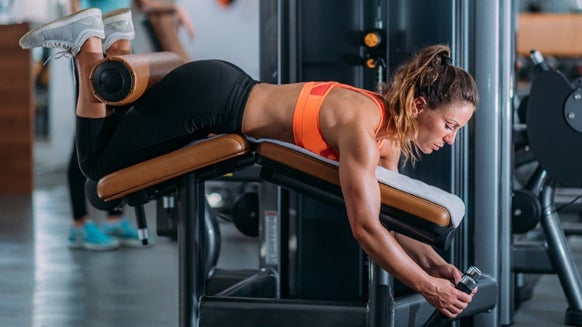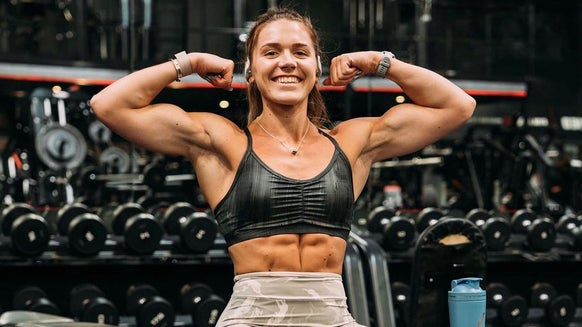Best Foods For Bulking
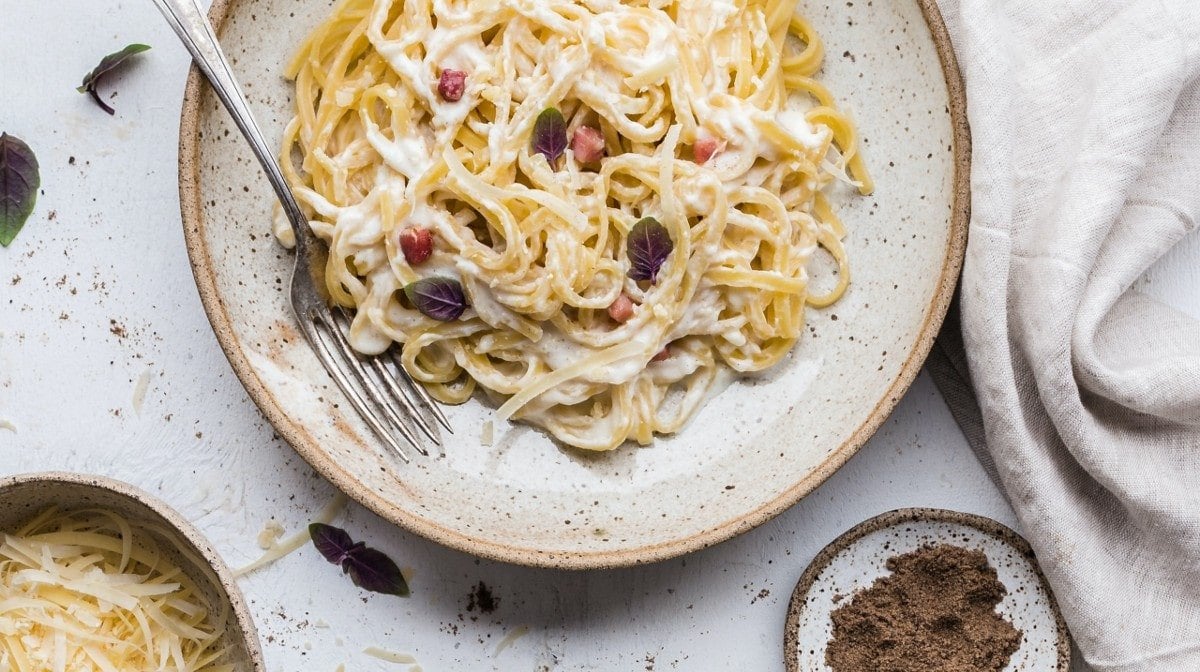

Getting ready to pack on some serious muscle?
Make sure you fuel those tough gym sessions with food that really makes a difference.
Let’s run you through the best foods for bulking so you know what to stock your kitchen with this season.
First, Richie’s going to give you the low-down on bulking…
What to eat while bulking
When it comes to bulking and building muscle mass, it’s recommended that you aim to be in a 250-500kcal daily calorie surplus.1 To do this you want to eat high- calorie foods, full of the right nutrients to help you pack on the size. First, it’s important to understand that different macros contain different numbers of calories – proteins and carbs both contain 4kcals per gram whereas fats contain 9kcals per gram.
How much fat for bulking?
A diet rich in healthy fats is a good way to make sure you’re taking in enough calories. There’s also evidence to suggest that healthy fats, like omega-3s, can help increase muscle protein synthesis – the process of your body building muscle.2 Consuming about 30-35% of your daily calories from fat is ideal.3 Fats are also important for the storage of fat-soluble vitamins such as vitamin A, D, E and K.
How much protein while bulking?
Protein is also essential when looking to build muscle mass, with optimal recommendations being 1.6g/kg/d and 0.4g/kg per meal.4 Protein has the highest effect on fullness, so if you struggle to eat enough calories, keeping your protein intake no higher than 1.6g/kg — in addition to including plenty of carbohydrates and healthy fats in your diet — can make it easier to keep you in a calorie surplus while keeping your protein levels high enough. Aim for protein intake to be between 20-25% of your total calories for the day.5
How many carbs while bulking
Carbohydrates are also vital for fuelling the tough training sessions needed to build muscle and helping you to recover. Not all carbs are the same, though — complex carbs typically contain more fibre and have a lower GI. While these are typically the healthiest option for those looking to lose or maintain body weight, simple, high-GI carbs may actually be more appropriate when bulking. If you struggle to eat enough food to be in a calorie surplus, consuming easily digested high-GI carbs is another good way to get there. Additionally, evidence shows that higher-GI carbs will help to replenish glycogen stores at a faster rate than lower-GI carbs.6 This helps you to recover more quickly and allows you to train at a high intensity every session. While it’s tempting to consume as many calories as possible when bulking, it’s important to ensure you stick to a modest 250-500kcal surplus. Consuming between 40-55% of your daily calories from carbs is ideal for bulking.7 Calculate your fat and protein percentages and then use the remainder of your calories for carbs. When bulking it’s all too easy to fill up on the wrong foods, so here are 10 great options to see you through the season.

1. Whole Milk and Cottage Cheese
It’s probably best to avoid dairy if you’re cutting, but whole milk is a great way to stock up on protein, calcium and add extra fat and calories to your diet when bulking, with one glass containing around 150 calories. Cottage cheese and whole milk provide a good source of protein to help build muscle, while the fat and carbohydrates help restore muscle glycogen stores and maximise your muscle-building potential. Try consuming whole milk with your post-workout protein shake or enjoy a pot of cottage cheese before bed. Cottage cheese with nuts and a scoop of Chocolate Nut Impact Whey Protein is a firm favourite as a bulking snack or meal.
2. Nuts and Nut Butters
We’re sure you already know nuts are energy-dense and full of healthy monounsaturated fats. It’s for this reason that nuts and nut butters are perfect for bulking.
Small servings of nuts can provide a large number of calories in addition to protein and fat, with up to 300 calories per 50g, making them perfect for bulking. What’s more, nuts and nut butters are packed full of essential micronutrients and minerals including magnesium, phosphorus, selenium and zinc, which are all essential for maintaining a healthy nutritional status and building muscle mass. Try snacking on a handful of nuts when the hunger kicks in, or for the ultimate snack cover a banana in peanut butter. Delicious.
3. Salmon
4. Avocado
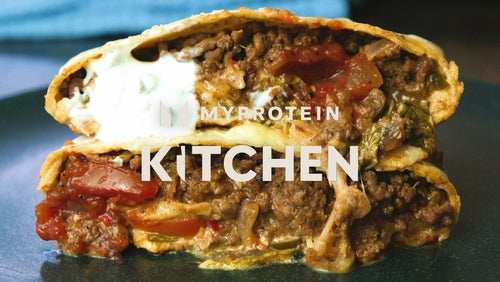
Homemade Beef Crunch Wraps | Fakeaway Favourites
How to get your fix of that Taco Bell classic.
5. Whole Eggs
If you’ve been binning the egg yolks, stop! Whole eggs are a great source of protein and fat for bulking, with around 75-90 calories per egg.
Many think eggs are unhealthy due to their saturated fat content and high cholesterol, but did you know eggs are high in healthy cholesterol? And unless you’re eating 12 eggs a day, the saturated fat content shouldn’t be a problem. Get in a good source of fat and protein by making a whole egg omelette or some delicious scrambled egg.
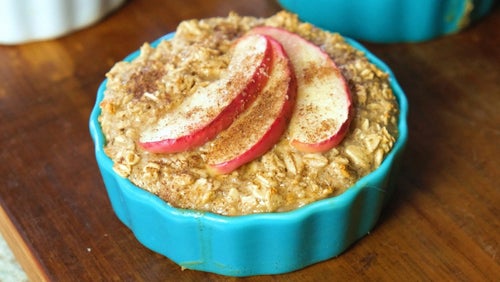
Apple Pie Baked Oats Recipe
Dark mornings are definitely easier to face with a breakfast like this.
6. Lean Beef
When it comes to getting a great physique, lean sources of protein are most people’s number-one choice, with many choosing to restrict intake of red meat. However, red meat is great for bulking for many reasons. One reason is it’s a good source of fat and protein, which when consumed regularly can help the growth of muscle mass.
What’s more, red meat is high in heme iron, one of the two types of iron generally consumed in the diet (the other being non-heme iron). Heme iron is much more easily absorbed by the body than non-heme iron, and an adequate iron intake is essential when building muscle and training hard.
7. Coconut and Olive Oil
When adding fat to your diet, coconut and olive oils are a great addition. Making small changes such as using more coconut and olive oil in cooking and meal prep is a great way to add healthy fats and extra calories to your diet, without leaving you too full.
8. Sweet Potato
Most people think protein, protein, more protein, and a bit of fat is what’s important when it comes to bulking. But really, it’s carbohydrates that are a must. Forget cutting carbs to a minimum — now’s the time to enjoy your meat and potatoes. Sweet potatoes are jam-packed full of carbohydrates, with the average potato providing around 40g of carbs and lots of vitamins and minerals.
And if you’re doing a clean bulk and avoiding refined sugar, sweet potatoes are great for satisfying a sweet tooth and can be incorporated into lots of high-protein recipes. Try adding a portion of sweet potato to your meals and reap the bulking benefits. Sweet potatoes are considered a low-GI carbohydrate source which makes them a good pre-workout option as they provide energy over a long period of time.
9. Oats
Oats are another great source of complex carbohydrates that can really give you a helping hand during bulking season. They’re an amazing source of fibre and complex carbohydrates that don’t only aid digestion but also provide a sustained release of energy — perfect for a pre-workout meal. In addition, oats can add a healthy source of fat and calories to your diet without leaving you feeling too full.
10. Pasta
White pasta is a high-GI carbohydrate with a 100g (dried weight) portion containing approx. 350 kcals and 70g of carbs. This makes it a great post-workout option as it allows you to recover quickly and fuels you for your next session. Generous portions of pasta will also help contribute to the calories required to hit a modest calorie consumption whilst bulking. Combining your pasta with some lean beef in a bolognese can be a perfect post-workout meal to have while bulking.
11. Rice
12. Dark Chocolate
Last but not least, chocolate. If you’ve got a sweet tooth, dark chocolate is a great way to fix your sugar cravings. Chocolate with over 75% cocoa content is also full of antioxidants and monounsaturated fats. For the ultimate bulking treat, try a banana covered in peanut butter and melted dark chocolate.
Take Home Message
READ THIS NEXT:

Liam is a certified sport nutritionist with the International Society of Sport Nutrition and is enrolled on the British Dietetics Association’s Sport and Exercise Nutrition register. He has a Bachelor’s of Science in Sport and Exercise Science and is graduate of the ISSN Diploma in Applied Sport and Exercise Nutrition.
Liam is an experienced personal trainer, helping clients reach their health and fitness goals with practical, evidence informed exercise and nutrition advice. In his spare time Liam has competed in numerous powerlifting competitions and enjoys hill walking, football and expanding his recipe repertoire in the kitchen.Find out more about Liam's experience here.
- Slater GJ, Dieter BP, Marsh DJ, Helms ER, Shaw G, Iraki J. Is an Energy Surplus Required to Maximize Skeletal Muscle Hypertrophy Associated With Resistance Training. Front Nutr. 2019 Aug 20;6:131. doi: 10.3389/fnut.2019.00131. PMID: 31482093; PMCID: PMC6710320.
- McGlory C, Calder PC, Nunes EA. The Influence of Omega-3 Fatty Acids on Skeletal Muscle Protein Turnover in Health, Disuse, and Disease. Front Nutr. 2019;6:144. Published 2019 Sep 6. doi:10.3389/fnut.2019.00144
- Jäger, R., Kerksick, C.M., Campbell, B.I. et al. International Society of Sports Nutrition Position Stand: protein and exercise. J Int Soc Sports Nutr 14, 20 (2017). https://doi.org/10.1186/s12970-017-0177-8
- Burke, L., van Loon, L. and Hawley, J., 2017. Postexercise muscle glycogen resynthesis in humans. Journal of Applied Physiology, 122(5), pp.1055-1067.
- Schoenfeld BJ, Contreras B, Krieger J, et al. Resistance Training Volume Enhances Muscle Hypertrophy but Not Strength in Trained Men. Med Sci Sports Exerc. 2019;51(1):94-103. doi:10.1249/MSS.0000000000001764
